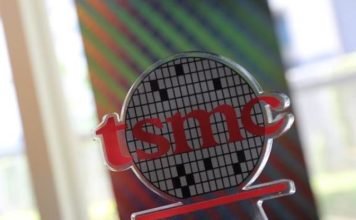Telecom Lead India: Indian telecom regulator TRAI has
proposed three models to redistribute the 900-MHz spectrum band in its latest
consultation paper on auctioning of airwaves. 900-MHz spectrum band is
considered as efficient for 2G mobile services, most of which is currently held
by mobile phone companies such as Bharti, Vodafone and BSNL.
According to TRAI, it will redistribute the 900-MHz
bandwidth during license renewal.
However, the regulator’s calculations disclose that
setting aside of 2G airwaves in the 1,800 MHz for redistribution would result
in not sufficient spectrum for allocation to new licensees as directed by the
Supreme Court, which led the regulator to consider two new methodologies to
find a solution to this controversial issue, according to Economics Times.
The regulator has sought the industry’s response on its
proposal that incumbents be allowed to retain part of the airwaves they hold in
the 900-MHz band.
Dual-technology players such as Reliance
Communications and Tata Teleservices argue that Bharti, Vodafone
and BSNL have made huge savings on their capex and opex as they were
allotted the 900-MHz band and have been demanding that this bandwidth be
redistributed among all telcos.
Airwaves in the 900-MHz band were wiped out in 2001, and
since then, the mobile phone companies have been
given 2G airwaves in the 1,800 MHz band.
As 5 MHz of spectrum is considered minimum amount to
support 2G and 4G, therefore in this approach, these licensees can be allowed
to retain 5 MHz spectrum in 900 MHz band at the time of renewal of their
licenses and the rest of the spectrum in 900 MHz band is redistributed by
assigning spectrum in 1,800 MHz in lieu of the redistributed spectrum,
according to TRAI.
By going with this option, there would be sufficient
spectrum left over in most regions for allocating to new licensees as per the
directions of the apex court, TRAI added.
The regulator also proposed that incumbents could be
given an option to surrender spectrum in excess of 5 MHz or units in the 900
MHz band now in exchange for equal amount of spectrum in 1,800 MHz.





